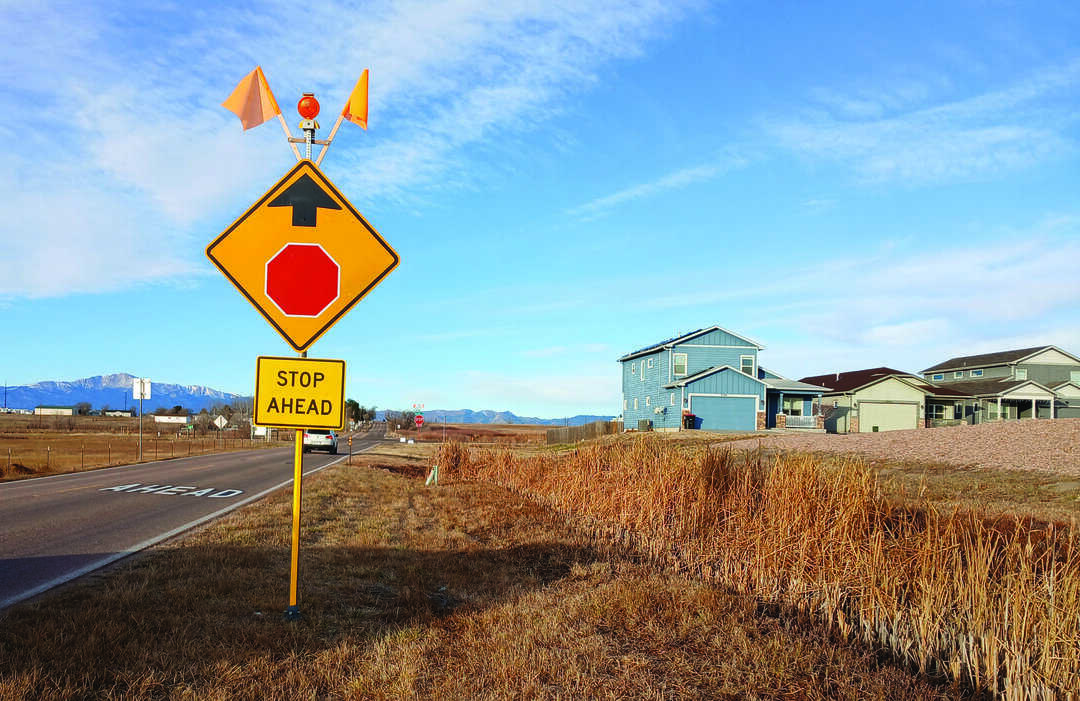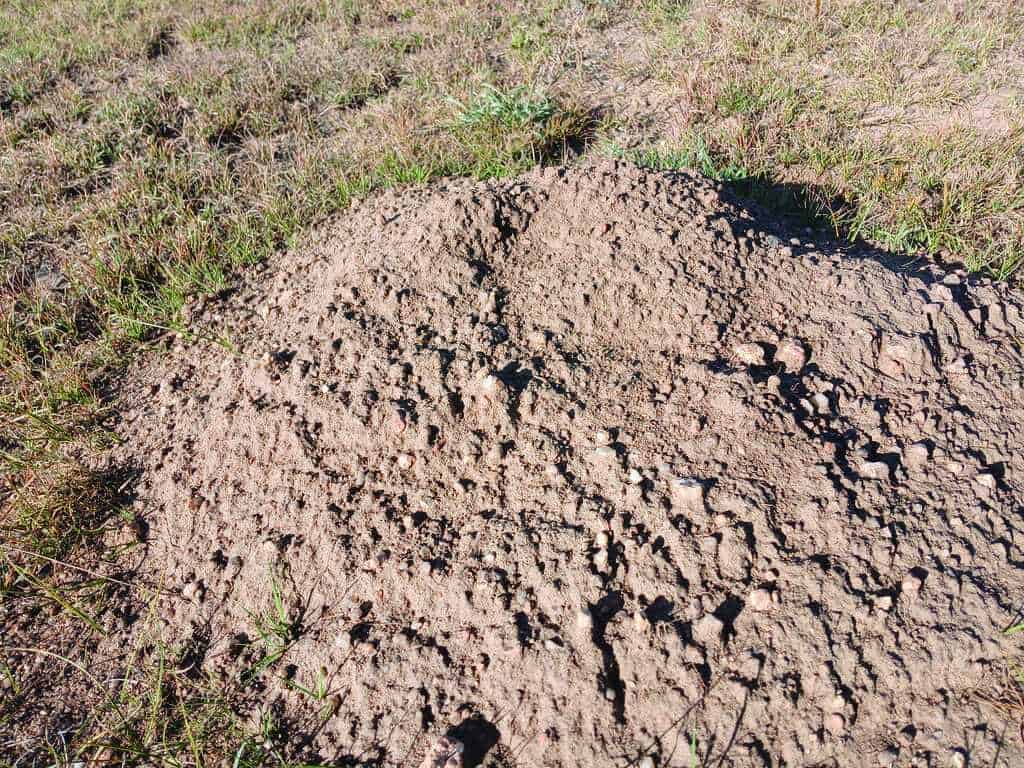Longtime local journalist Bill Radford and his wife, Margaret, live on 5 acres in the Falcon area with ducks, chickens, rabbits, dogs, cats, two noisy parrots, goats, a horse and a blind mule. Contact Bill at billradford3@gmail.com.
Our rooster is more cantankerous than usual.Perhaps itís just spring fever, but heís sure spoiling for a fight. Weíve always had to keep an eye on him, since heíll go into attack mode if he thinks weíre messing with his hens. And thatís fine; being their protector is his job.But nowadays, you canít turn your back on him. He races across the yard to attack; and, for the first time, he recently snuck up behind me while I was collecting eggs from the nest box and tried to claw me. Heís also been tough on his hens; we have a couple in quarantine who have been beaten up a bit in his efforts to mate.Google ìdealing with an attack roosterî and youíll find plenty of advice. Feed it handfuls of grain to show you are a friend, not a foe. Donít stomp your feet or kick at it ó the rooster will view that as a challenge. Carry a rake or other implement to keep it at bay.But the most consistent advice is to show the rooster whoís boss by grabbing it and carrying it around. Keep it wrapped up in your arms until it submits and hopefully realizes whoís truly at the top of the pecking order. You might need to do this several times; the trick, of course, is catching it in the first place.Last fall, we reduced our roosterís arsenal by removing his spurs ñ- pointy protrusions that grow on the inside of the legs. Granted, removing the spurs means one less weapon for a rooster to use to defend the flock. But our roosterís spurs had grown so long and curvy that we were worried about the damage he could cause not just to us, but to the hens when he was in an amorous mood ñ- and even to himself if he sat on them.We used the ìhot potato methodî of spur removal. Cut a potato in half and microwave it until itís too hot to handle; then, holding the potato in a towel or hot pad, stick it onto the spur. After a few minutes, the heat and moisture of the potato will soften the long, outer cover of the spur so that you can twist it off; a small nub will remain. Our rooster didnít protest and simply walked off when we were done; we did apply some medication to ward off any infection.Once it has cooled off, you can toss the potato out in the yard for the hens to eat. Double duty for the potato.Critters and fireworksThe Fourth of July was one of my favorite holidays growing up in the Midwest. We’d go to a friendís house at Weatherby Lake, beating the heat by diving into the cool, green water; weíd end the day watching fireworks explode over the lake to a chorus of oohs and aahs.Now, the holiday is one to dread, thanks to Nikki, our skittish paint mare. Sheís afraid of everything from plastic bags to cows, so itís not surprising that she is no fan of fireworks. We typically spend the Fourth in the barn trying to soothe her and worrying about the possibility of stress-induced colic; or, in a state of panic, hurting herself. Our dogs last year were also freaked out by the noise, so I spent the day in the house trying to calm them while my wife was in the barn trying to calm Nikki.Fireworks are banned in Colorado Springs, but out here on the prairie some are allowed (depending on fire restrictions). Those not allowed include bottle rockets, firecrackers and mortars, but people seem to routinely ignore that. The night sky typically erupts with both private and public displays.So what can concerned horse owners do?If itís a neighborís fireworks display youíre worried about, ìThe first thing might be to talk to the neighbor and explain the situation to them,î said Dr. Randy Parker of Range View Equine Associates. Perhaps they might scrap their plans or at least aim their fireworks in the opposite direction. ìMaybe they just need to be aware of how much it upsets your horse,î he said.He suggested keeping your horse in its stall rather than out in the pasture. ìPerhaps a radio or some sort of other sounds going on in the barn might be helpful,î Parker said.If youíre certain your horse is going to have problems, sedation beforehand is an option.ìThere are some oral sedatives that you can get from your vet that might be helpful,î he said. There are also over-the-counter products, but he sees fewer positive results with those.One proactive approach is trying to desensitize your horse to loud noises and unexpected sights. Itís an approach Parker supports, although he noted, ìItís hard to desensitize an animal to something thatís going to happen once a year.îAs for pets, particularly dogs, the American Kennel Club (akc.org) recommends keeping your dog inside, rather than out in the yard where it might jump a fence in its panic. If your dog is crate trained, put it in the crate covered with a blanket to make it feel secure. And make sure your dog is microchipped in case it does escape ó collars and tags can fall off. Itís generally a busy time for the Humane Society of the Pikes Peak Region and other shelters as they deal with waves of frightened dogs that have fled their homes and yards.With that in mind, have a festive, but safe, Fourth.





